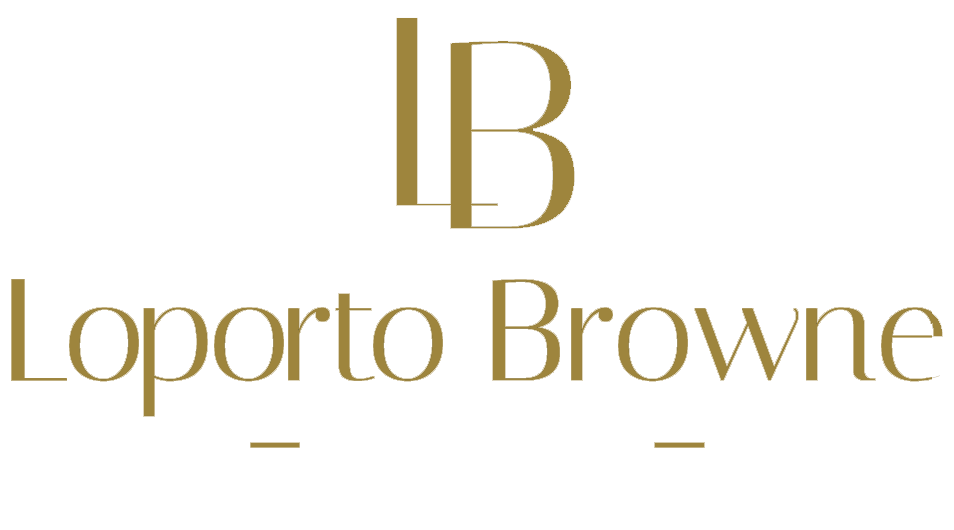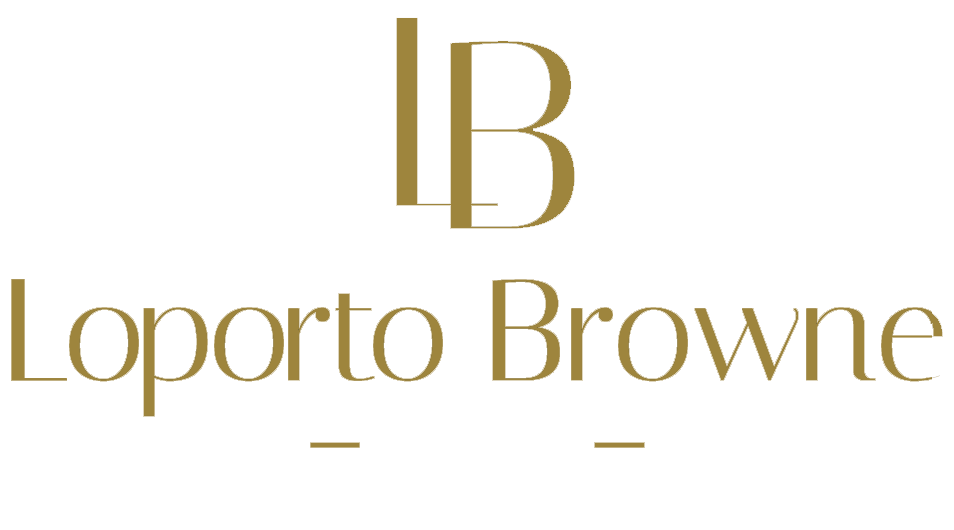Conveyancer or Solicitor, That is the Question.

If you’re buying or selling a home, there will come a time when you will need to choose a solicitor or a conveyancer to help with the legal transfer of the property.
Legal professionals are extremely important in keeping the buying and selling process on track and on time – they handle your contracts, carry out local authority searches, deal with the Land Registry and transfer funds when it is finally completion day. So, with so much to do, it’s important to pick one that’s right for you.
What’s the difference between a solicitor and a conveyancer?
Both conveyancers and solicitors are fully regulated and insured professionals, and when it comes to handling your property transaction, will operate in a very similar way. However, it is worth noting the differences between the two before you get started.
Conveyancers are specialist property lawyers who are regulated by the Council for Licensed Conveyancers, and who focus largely on residential property transactions.
Solicitors are regulated by the Solicitors Regulation Authority and offer a much broader legal service and are able to deal with more complex legal issues. Their knowledge beyond property conveyancing law is necessary when dealing with the likes of boundary disputes or if the sellers are separating and using more than one solicitor.
Understand and compare conveyancing fees
There are three different types of fees when it comes to conveyancing:
- Hourly rate
- Fixed fee
- Percentage cost
It’s advisable to get a couple of quotes first and ask for a full break down so that you can make a direct comparison. Make sure you check whether the total cost will be a fixed or if it could vary according to the workload.
And the final price should be inclusive of everything necessary to complete the sale, including searches, monetary transfers, stamp duty or land tax costs and Land Registry fees.






